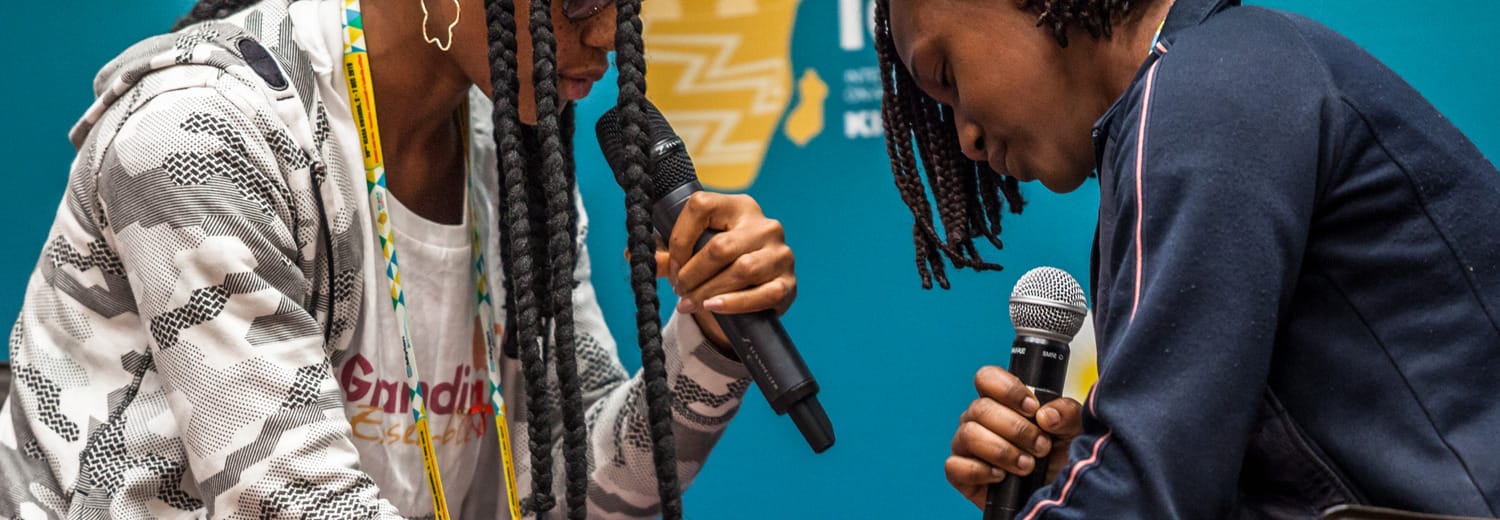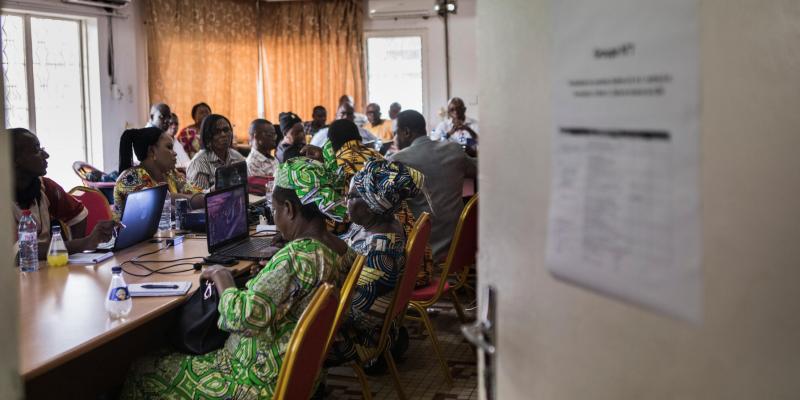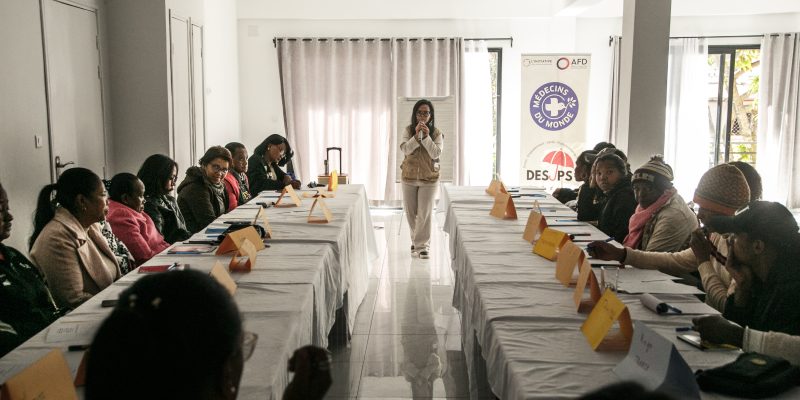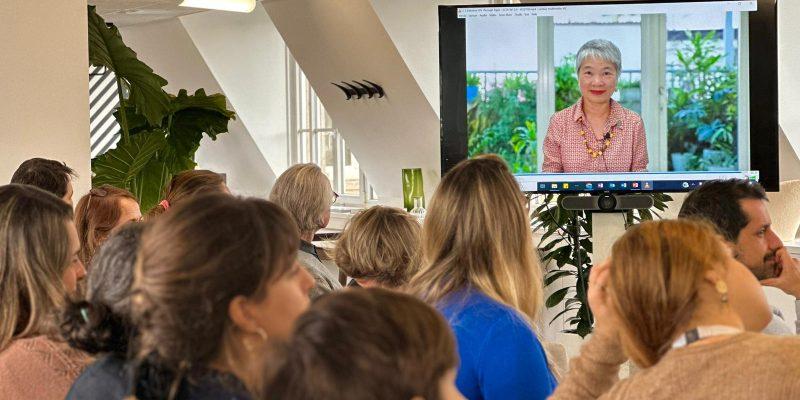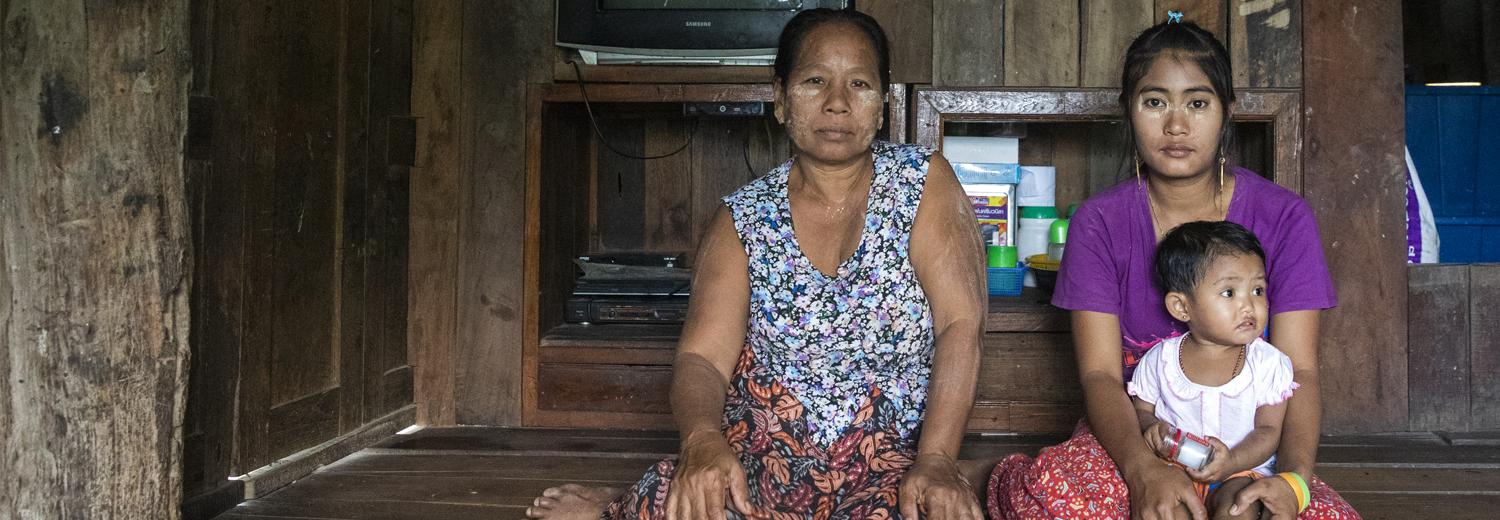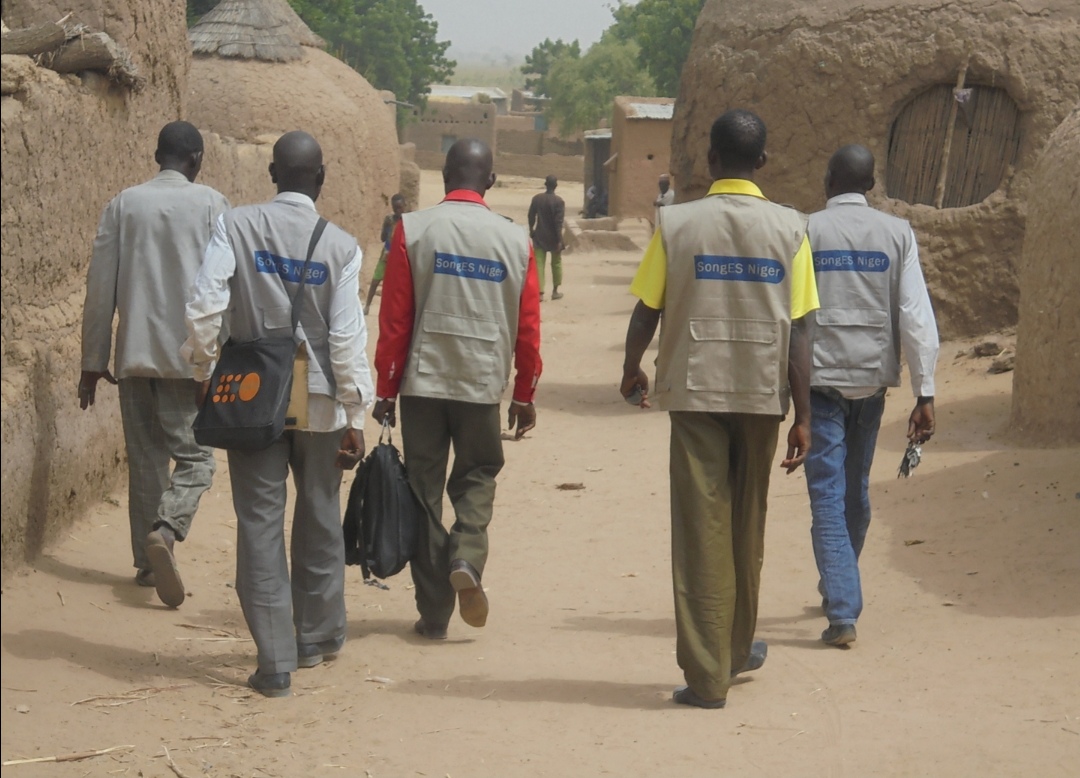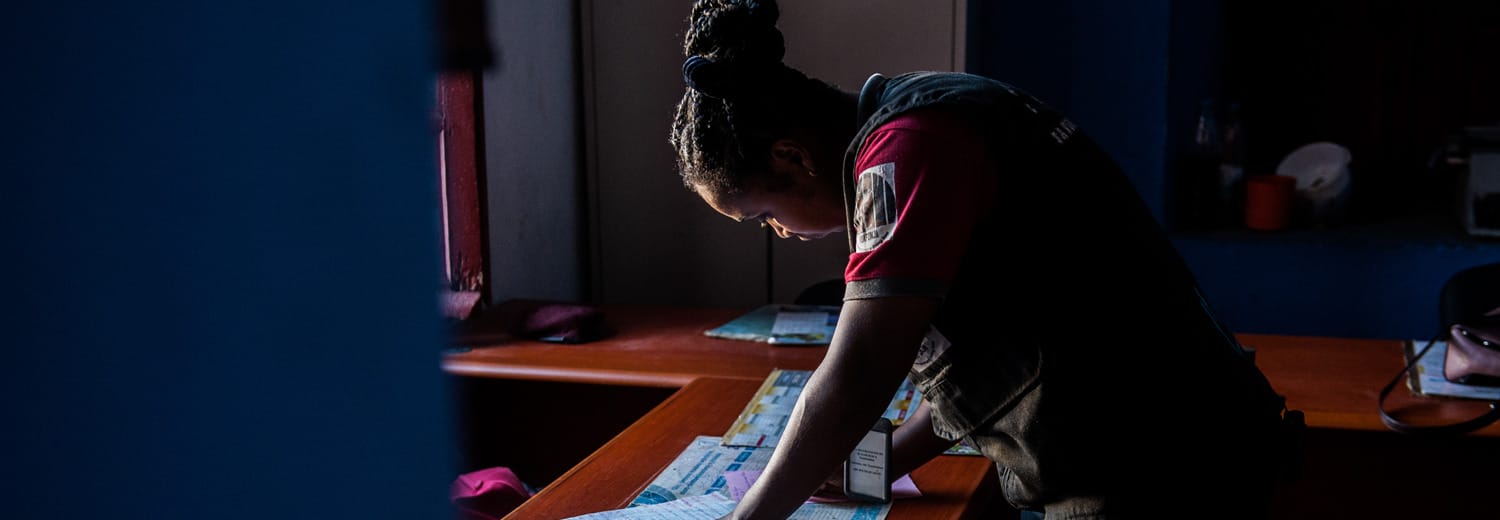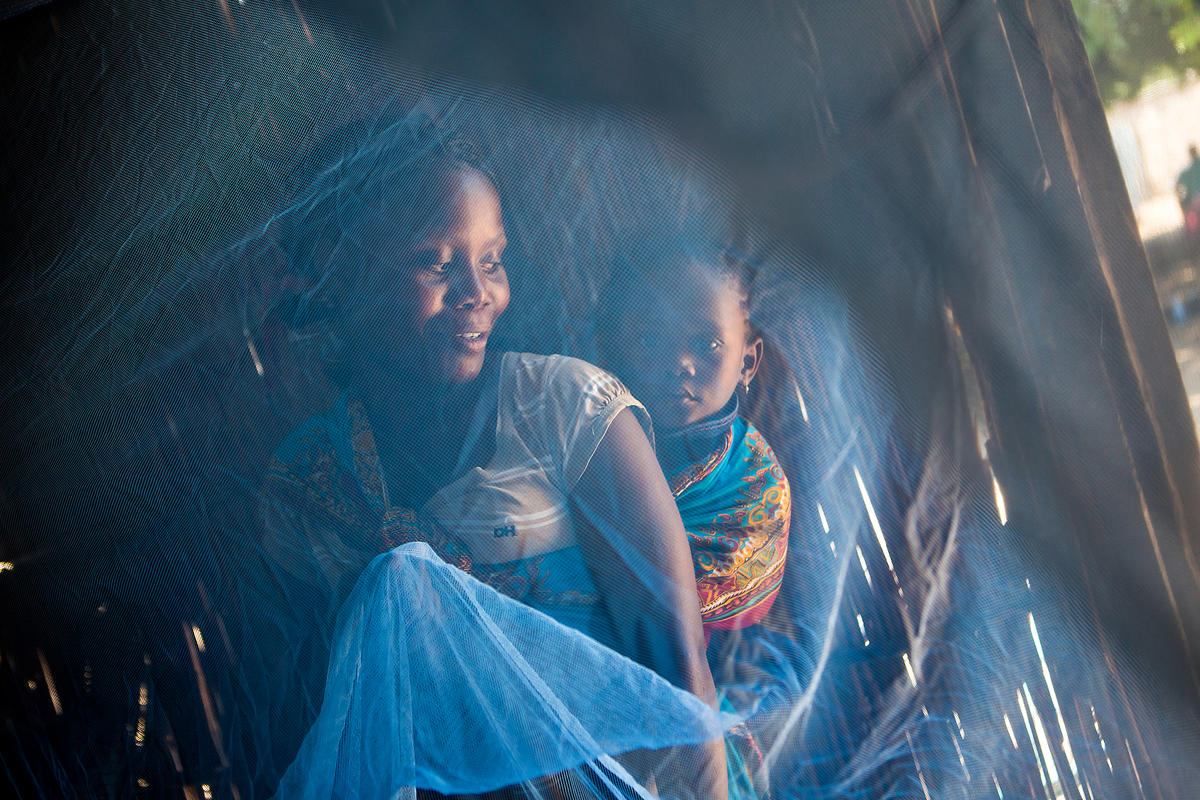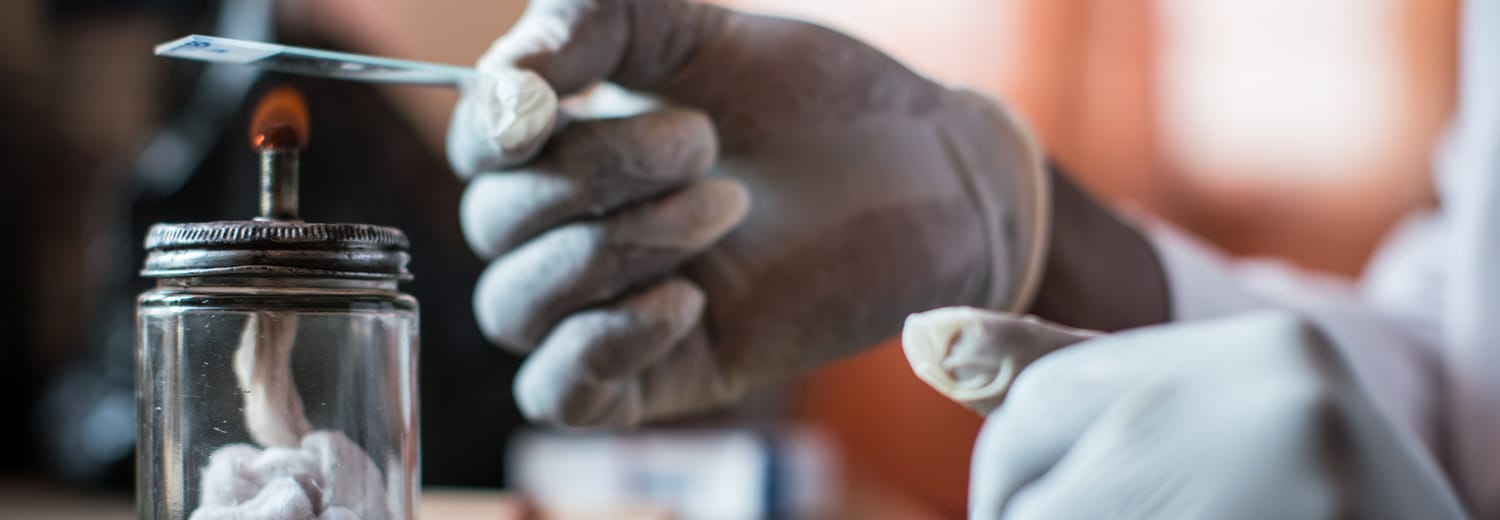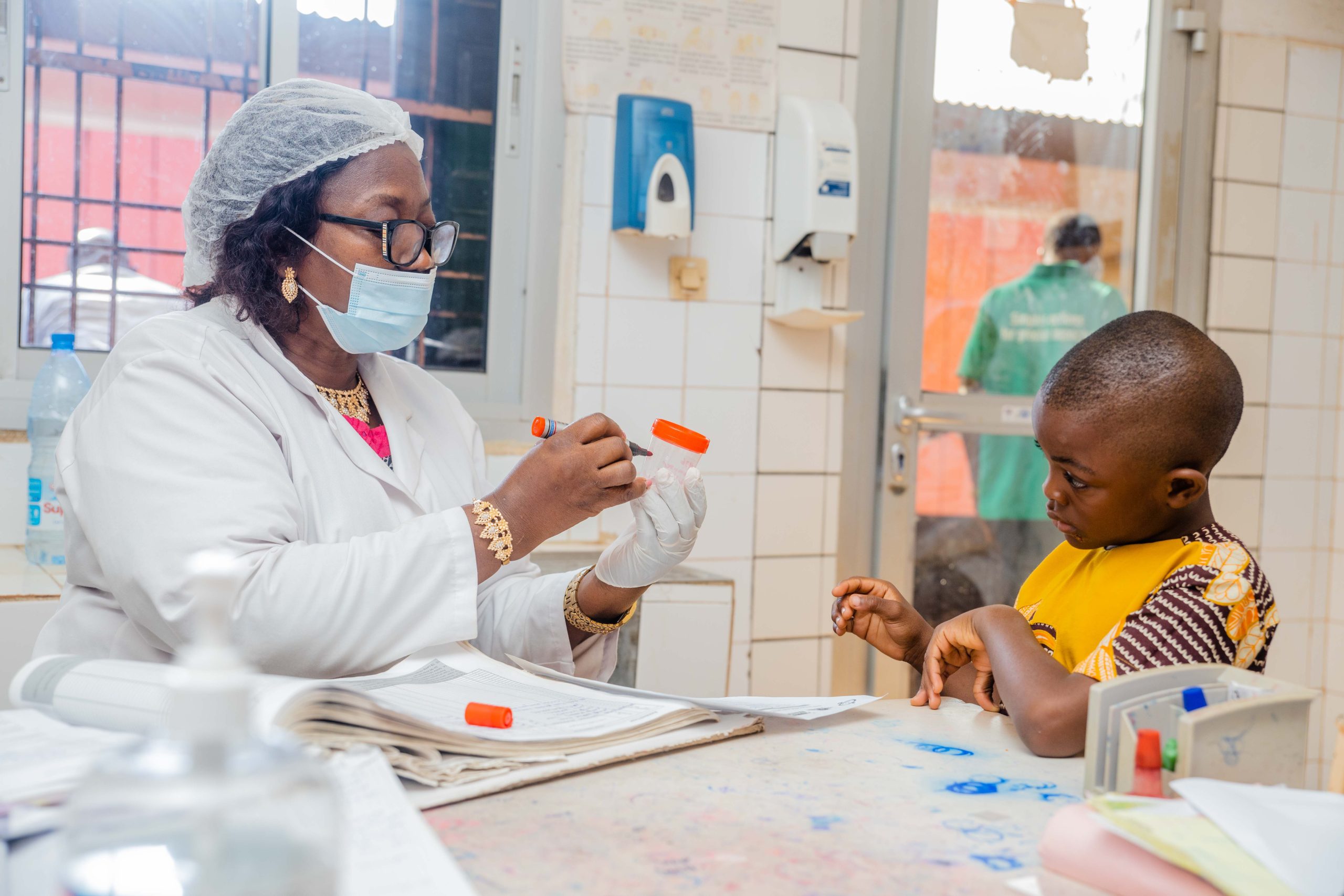Ya Fohi: Immersion into Harm Reduction in Côte d’Ivoire

As the sun sets over Abidjan, the last light of day throws long shadows across urban neighborhoods where thousands of people who use drugs live. These men and women—often overlooked by health policies—suffer stigma, violence and major health risks: HIV, tuberculosis and hepatitis.
Since 2015, L’Initiative – Expertise France has supported the Ya Pas Drap project led by Médecins du Monde and, later, the Ya-Fohi project run by Espace Confiance, helping to set up a harm-reduction strategy that combines medical care, prevention, psychosocial support and field activities.
In the shoes of the beneficiaries
When the camera rolls, Abidjan is shown without filter: the alleys hum and faces appear as candid as the morning sun. It is in a raw light that our encounters begin—and with them, the story of Ya-Fohi. The film about this project, led by the Ivorian NGO Espace Confiance with the support of L’Initiative, first aims to make PWUD visible, people marginalized by society: lives marked by the risks of drug use, violence and exclusion.
On the morning of filming, the footage captures unvarnished voices.
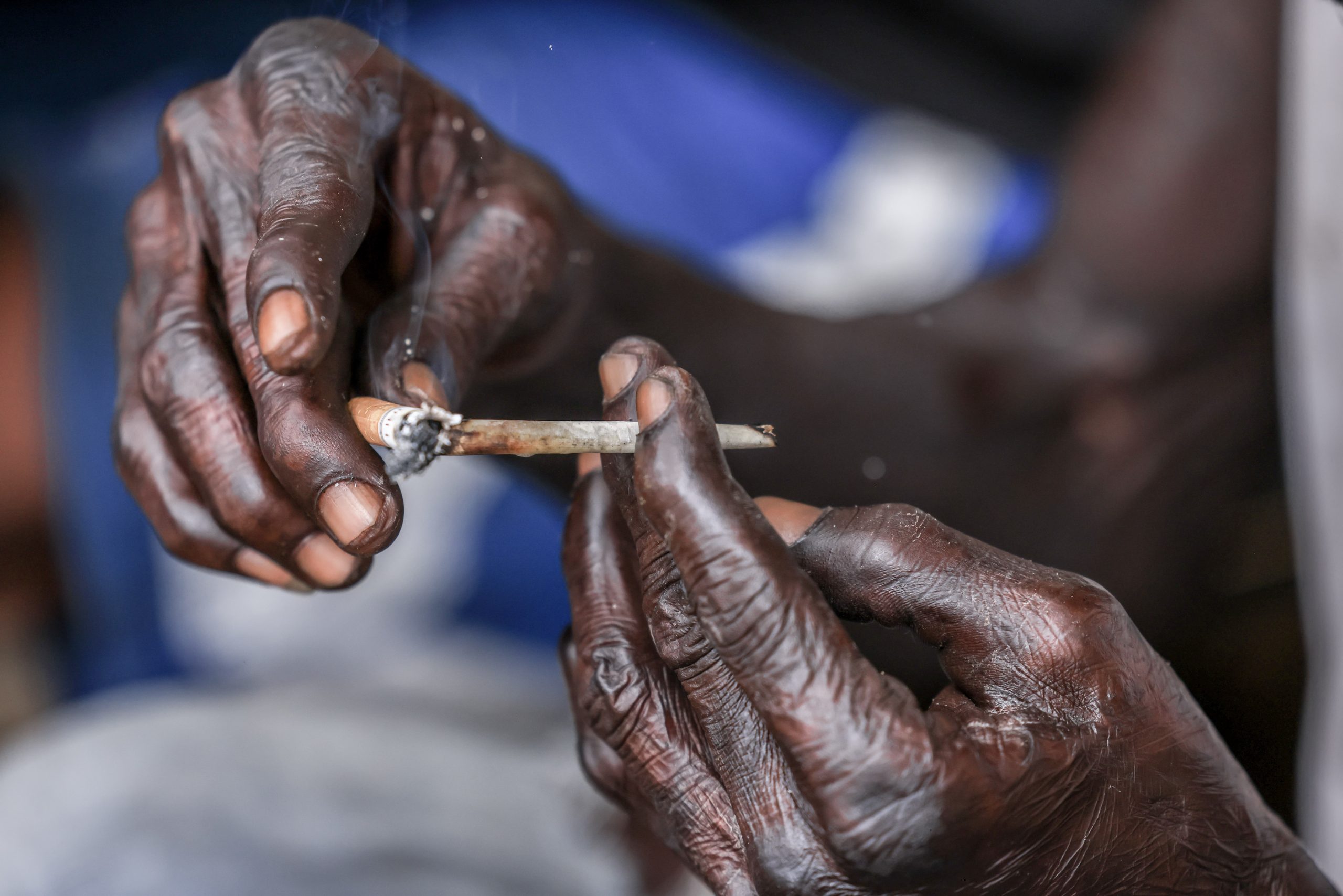
Karim wants to speak. He sits down, the camera is positioned, and the microphone is held out. He opens up: “Living conditions are very hard. It is even tougher than military training. You see your friends dying and you can’t do anything.”
A few minutes later, Frédéric, speaking to the camera, sums up the social wound in one blunt, powerful sentence: “If you’re a junkie, society looks down on you. It’s hard to earn a living. Wherever you go, you’re just a junkie. But I’m human. I have the right to live like you.”
Beside them, Pascaline Zongo highlights a double vulnerability: “It’s even harder to be a woman. You’re forced into sex work to keep using. You leave the children at home and come sell yourself so you can consume—none of this is right.”
These close-up testimonies are not merely collected words: they invite us to look, to understand and to break the indifference. The camera becomes a listening room, and the shoot an act of justice—giving voice and face to brave people in need who would otherwise remain invisible.
At the Addiction Care and Support Center: care, concrete acts and peer educators
In the afternoon, the camera follows the team to Abidjan’s Addiction Care and Support Center (ACSC)—where Ya-Fohi’s concrete action unfolds. Here, technical words give way to the tangible: consultation rooms, prevention leaflets, lines for testing—but above all, people who walk through the door without fear of stigma and receive care.
Facing the camera, Dr Zahoui Feriole, the centre’s director, explains the site’s philosophy: “As part of the project, we implement several activities. There are two approaches: a holistic care package for beneficiaries at the centre—including community, social, psychological and medical services—and addiction care to respond to the growing demand for appropriate treatment.” Filmed, the acts of care—rapid testing, distribution of a sterile kit (syringes), treatment—become tangible evidence of a health policy that does not remain abstract.
It is also at the ACSC that the central role of peer educators becomes evident. The shoot follows their steps day and night and lets speak those who come from the places of consumption. Irié Ezechiel, who knew the ghetto before becoming a peer educator, confides: “I discovered this project as a consumer. A friend who worked in the structure told me about the ACSC. I went there and they recruited me as a health worker. I started working. The health worker enables doctors and caregivers to enter the smoking rooms and ghettos to reach other people who use drugs.” His words, captured in close-up, show how trust builds a bridge that is otherwise hard to establish: where marginalisation, discrimination, violence and fear impede access to health care, a familiar face opens a path to services.
ACSC’s methodology appears through these sequences: an integrated approach attentive to mental health, sensitive to the specific needs of women, and anchored in social support. The filmed interactions between teams and beneficiaries trace a humane—and fragile—model that needs to be reinforced and supported.
San-Pedro: local ownership and challenges — the project in perspective
A few days later the camera arrives in San-Pedro. Under the canopy of the local ACSC, a sensitisation session explains to dozens of people who use drugs the risks of HIV and tuberculosis transmission associated with consumption. The camera captures the facilitator showing how to use clean equipment, the nurse performing a rapid test, the attentive silence and then the follow-up when a positive test is immediately referred. These images express Ya-Fohi’s core meaning: bringing prevention to people where they are, rather than waiting for them to cross doors often left closed to them—doors they do not approach out of fear of stigma and discrimination.
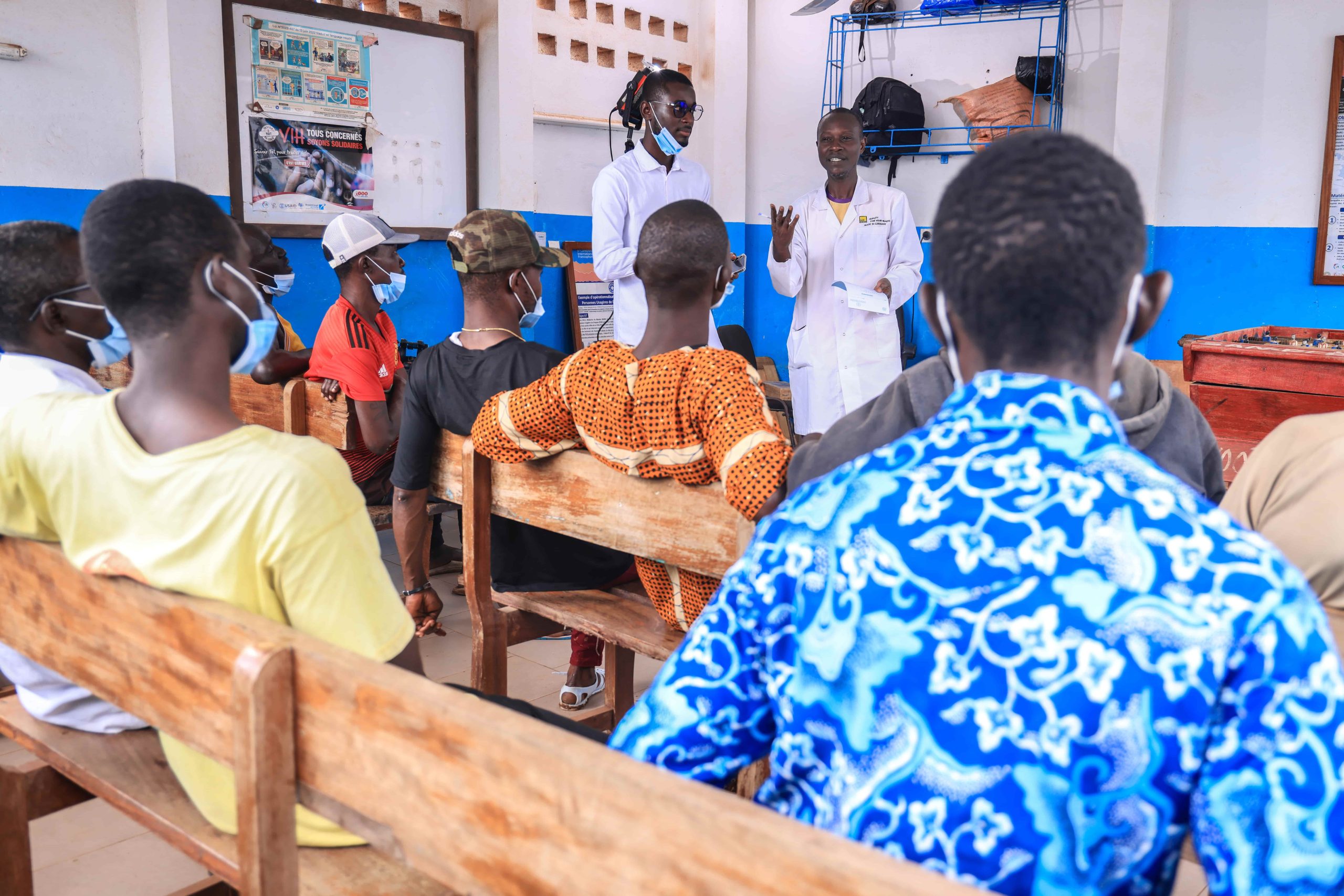
Through these sequences, the shape of the project becomes clear: launched in January 2024, Ya-Fohi ensures local ownership of a strategy that began in 2015 with the Ya Pas Drap project. Where Médecins du Monde had laid the first foundations of harm reduction, Espace Confiance—together with partners APROSAM, ASAPSU and ENDA Santé—has taken the helm and consolidated services in Abidjan, Bouaké and San-Pedro. Nearly 11,050 people who use drugs, including 1,459 women, benefit from targeted interventions that include mental health and legal support.
By handing leadership to the Ivorian NGO in the foreground, Ya Fohi aims to sustain and expand those gains. This transition symbolizes the local anchoring of a response that challenges perceptions and seeks to place the dignity of PWUD at the centre of health policy.
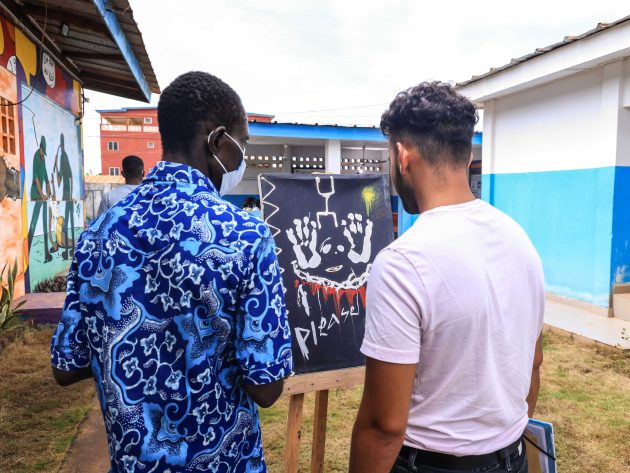
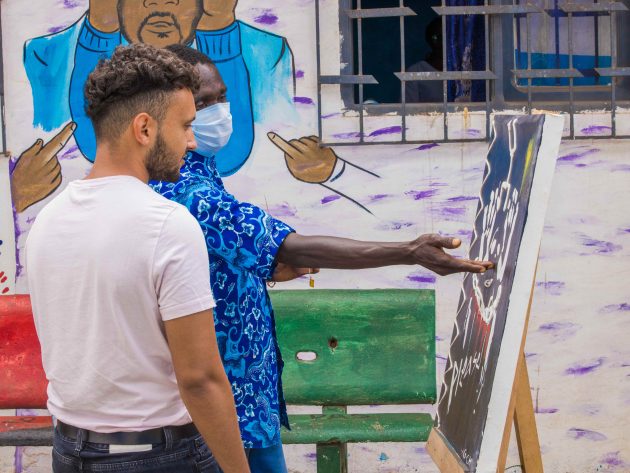
The documentary does not erase limitations. The footage also shows the challenges: the need to permanently integrate harm reduction into the health pyramid, to ensure reliable access to opioid substitution treatments such as methadone, to design gender-sensitive responses, and to legally protect populations long criminalised. Images of consultations, outreach rounds and workshops become visual arguments for expanding resources and political will.
Raw testimony, acts of care, community engagement and organisational work are the film’s heart. It does more than expose: it shows how care becomes relationship, how intervention methodology learns from places of consumption, and how beneficiaries’ voices shape the narrative of action that makes health accessible, integrated and respectful of human rights.
To extend that immersion and see those faces, watch the full documentary “Ya-Fohi: Acting for the Health of People Who Use Drugs” Image by image, it tells the story of a project that does not just treat: it restores a place for PWUD.
